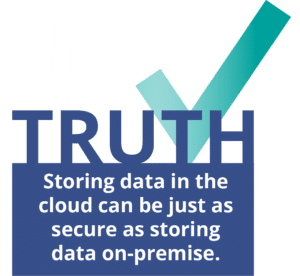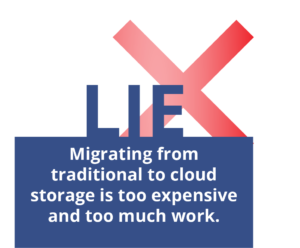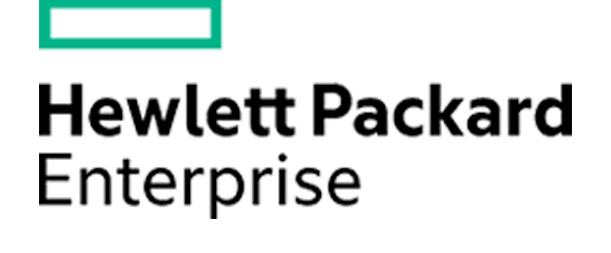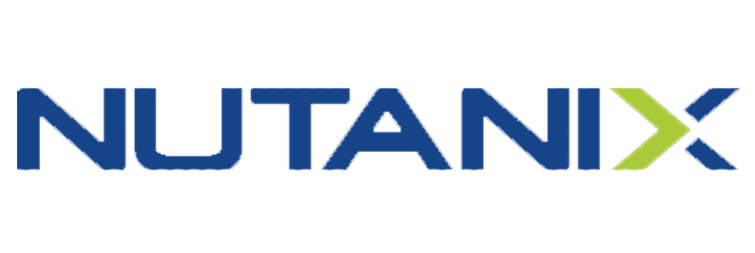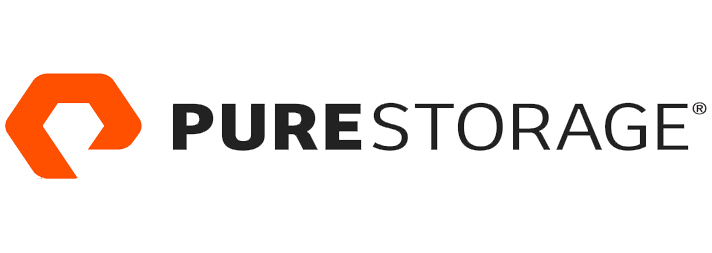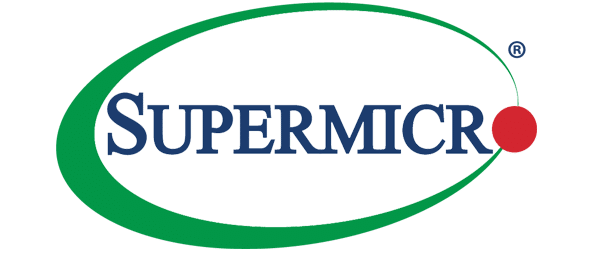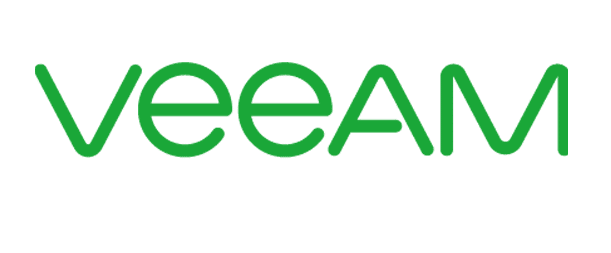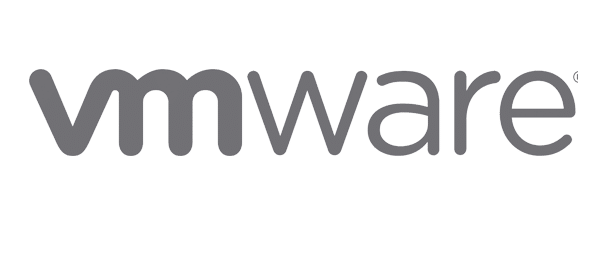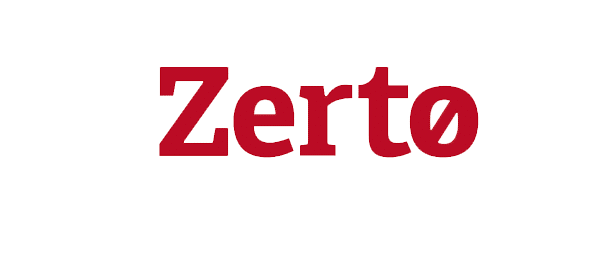Enterprise Cloud Storage Takes Over
Companies that utilize modern data storage strategies position their organizations better for exponential data growth and scalability.
Imagine a world where business growth doesn’t get hung up on IT limitations—a world where infrastructure empowers teams to scale their systems simultaneously at the click of a button. These modern IT goals have evolved beyond our imagination and into reality with intelligent storage solutions that utilize enterprise cloud storage as part of the strategy.
Enterprise cloud paves the path to handle increased data volume with ease. The instant scalability and availability make enterprise data storage a fast win for growing companies.
Whether you already use a hybrid cloud model, or you’re curious about what it takes to transition from current infrastructure to a cloud approach, ComportSecure is on-call to help your team work through tough IT decisions. This article takes you deep into enterprise storage solutions, presenting the situation at hand, and showcasing how a cloud readiness assessment can help determine the best next step for your company.
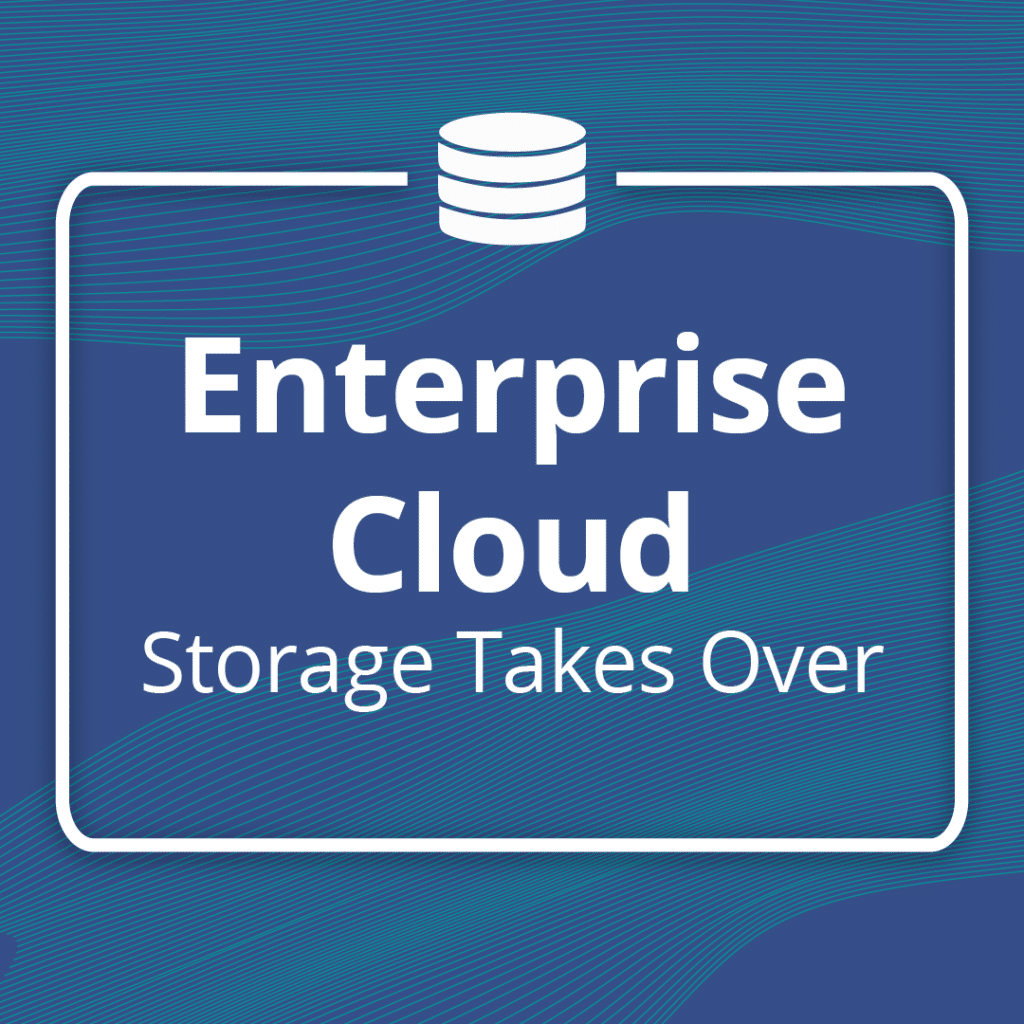
Key Takeaways about Enterprise Cloud Storage
If you take one point away, it’s that your company’s IT infrastructure must be equipped to manage large amounts of data because the volume of data is only going to increase in the coming decades.
Businesses that future-proof their data storage strategy with scalable cloud storage are set up for growth, while businesses that continually patch legacy technology will lag behind. If your company falls into the latter category, then it’s time to research a better data storage strategy.
Table of Contents
- The Difference between Data backup and Data Archiving
- Evaluating Traditional versus Cloud Storage
- The Future of Hybrid Cloud for Data Management
- Questions to Ask Before Partnering with a Cloud Storage Company
- Top Enterprise Cloud Storage Solutions to Keep on Your Radar
The Difference between Data backup and Data Archiving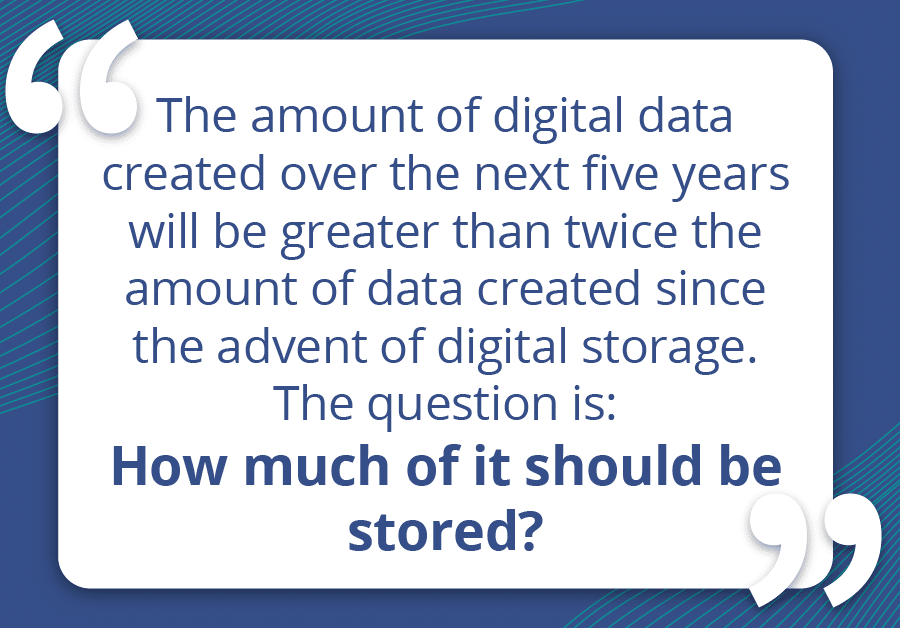
Knowing the difference between backing up data versus archiving data could save your organization a hefty cost for data management. Dave Reinsel, senior vice president of IDC’s Global DataSphere summarized the annual DataSphere and StorageSphere forecasts by saying,
“The amount of digital data created over the next five years will be greater than twice the amount of data created since the advent of digital storage. The question is: How much of it should be stored?”
Of the 64.2ZB of data created in 2020, less than 2% of it was retained into 2021.
So how do companies determine what data is stored where? Increasingly, companies are turning to cloud solutions providers who can recommend enterprise storage solutions that scale on-demand and eliminate siloed strategies.
Data backup and data archiving are similar concepts, but using each one strategically can mean the difference between realizing cost savings and overpaying.
How Corporate Data Backup Works in Enterprises
Data backup is used to perform a full recovery in the unfortunate event that data is compromised or completely lost. It’s a more intensive process than archiving because it comprises a company’s complete data set to ensure business continuity.
Current news illustrates the abundance of cyberattacks and ransomware in headlines, with no end in sight. No company is protected from the potential of becoming a target. Backing data up is more than a necessary evil; it can determine whether a business sinks or swims in the face of adverse events.
Oftentimes, businesses need to retain information for regulatory reasons, some of that data that has personal details, credit card information or healthcare records must be stored in top tier infrastructure with better security and redundancy. A strong enterprise data storage strategy will differentiate between data that must be stored securely versus data that can be stored under typical standards. If this differentiation is not made, then companies can end up paying more for securing data that doesn’t require regulation.
Data Archiving in Enterprise Cloud Storage
On the other hand, data archiving can provide a lower cost for storage of data that needs to be kept but doesn’t necessarily need to have a high security placed on the data. Documents such as sales records or CAD drawings for historical projects are examples of data that does not require top-tier security.
Even in highly regulated industries such as healthcare, your company’s data can be strategically stored at different levels. Developing an informed data storage strategy is the first step toward efficient data management.
Two Truths and a Lie about Traditional Storage versus Enterprise Cloud Storage
Having worked in enterprise technology solutions for 30+ years, ComportSecure has reviewed countless storage infrastructures for various industries such as healthcare and legal. We understand the mentality of, “This is the way we’ve always done it,” and “If it’s not broken, don’t fix it.” We also understand that certain aspects of business need to change to lower costs and maintain a smart IT infrastructure.
The reality is that data will continue to grow exponentially in coming years, and cloud storage solutions are equipped to handle the volume of modern data in a scalable and cost-effective model.
It may feel comfortable to stay with traditional storage systems, but when the manual effort outweighs the ease of familiarity, it’s time to update your enterprise storage strategy.
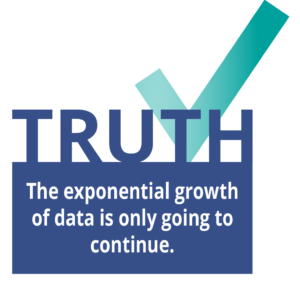 Truth: The exponential growth of data is only going to continue.
Truth: The exponential growth of data is only going to continue.
By the year 2025, 51% of data will be housed in data centers, while 49% will be in the public cloud. Even more, 80% of data, as a whole, will be unstructured, according to Data Management Solutions Review and Apravi.
If IT lacks the infrastructure to manage the growing volume of data, then ultimately business growth could be stunted because of the limits of legacy technology. The longer companies put off upgrading their storage infrastructure, the greater the risk of losing historical data because of deteriorating technology or mismatched applications that require expensive custom solutions for integration with modern technology.
Truth: Storing data in the cloud can be just as secure as storing data on-premise.
The security of the cloud is a topic we often discuss while clients weigh the decision of migrating. The truth is—for a cloud services provider like ComportSecure—having top security, such as Tier 5 data centers, is a competitive advantage that’s passed on to our clients.
The partnerships we have with HPE, Veeam, Cohesity, and others allow us to access the latest technology as well as the expertise required to maintain it. This is passed along to our clients at a fraction of the cost of owning the technology in-house. Oftentimes, companies find that private cloud options such as IaaS paired with Backup-as-a-Service provide greater security than in-house infrastructure could deliver on its own.
This is especially important in industries that handle sensitive data such as protected health information or financial records. Advanced security technologies, like DarkTrace or Arctic Wolf, use AI and continuous monitoring to call out anomalies for faster security responses. Instead of relying on in-house software that needs continual maintenance, cloud storage equips enterprises with more agile, secure, and reliable data storage.
Lie: Migrating from traditional to cloud storage is too expensive and too much work.
If you fall into this camp of thinking, then you are in the majority. A study by Mulesoft concluded that a leading barrier to digital transformation is integration issues—and they’re increasing year-over-year. The same study reported that 92% of organizations believe if they ignore digital transformation, their current technology limits will negatively affect revenue. While change is complex, it’s imperative.
The nuances of cloud storage can be difficult to keep up with, but this is a common situation that can be resolved by hiring a managed IT service provider to create a strategy that is easier to manage and maintain.
Cloud storage companies provide expertise combined with flexible solutions that help teams incrementally move toward cloud storage. The key word here is incremental.
Modern storage solutions such as hybrid cloud, composable infrastructure, and hyperconverged infrastructure help companies find a compromise between current storage workflows and intelligent storage goals. These solutions are increasingly delivered in as-a-Service models to provide on-call support and a manageable monthly cost.
When companies partner with an IT service provider, they receive expert guidance that turns tough decisions on enterprise cloud storage versus legacy storage into informed progress toward intelligent storage solutions.
The Future of Hybrid Cloud for Data Management
Using a hybrid cloud gives businesses the best of on-premise control paired with the flexibility of the cloud. Hybrid cloud solutions allow enterprises to store data in on-premise infrastructure combined with either private cloud or public cloud.
The flexibility of using a hybrid cloud resulted in a report showing 82% of enterprises surveyed have a hybrid cloud strategy in place. We’ve encountered every one of the below real-world scenarios showing common situations in which a hybrid cloud is proven to be beneficial.
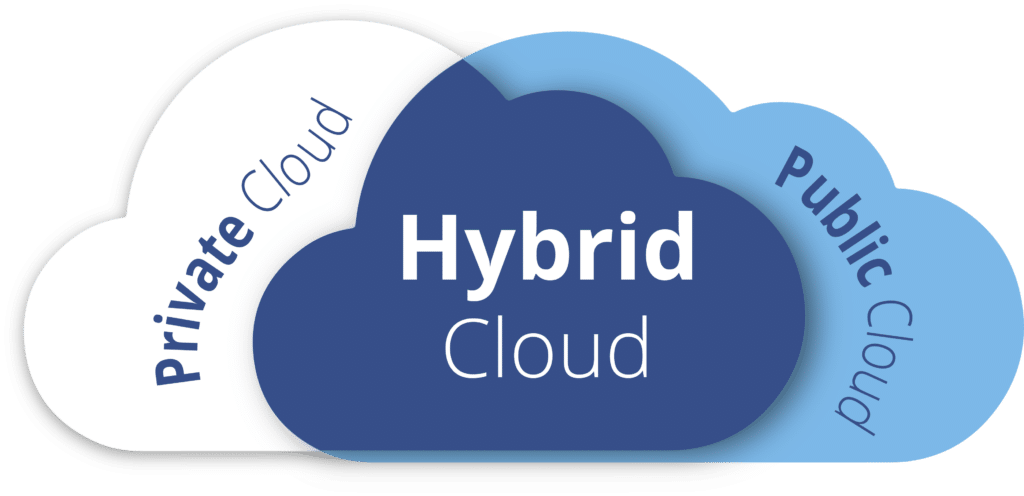
3 Corporate Scenarios When Hybrid Cloud is a No-Brainer
1. You need to appease the cloud naysayers.
You can see the benefits of cloud storage, and you’ve brought it up to your team, but have been met with resistance for any number of reasons. Hybrid cloud allows a portion of data to be stored on-site which can appease the concern over completely storing data in the cloud.
2. Your company has experienced a significant increase in data storage year-over-year.
You can see the writing on the wall—the data you’re responsible for managing today is much larger than it was five years ago—and this growth shows no signs of slowing down. Hybrid cloud allows tiered data storage to manage high volumes while optimizing the cost.
3. You manage sensitive data that must remain private because of regulations.
You know that compliance issues can be a barrier to full-cloud adoption because of the regulations around storing sensitive data. Hybrid cloud resolves this by allowing a portion of data to be stored on-premise in your own servers under the complete control of your internal team. The hybrid cloud model allows sensitive information to be stored securely on-site according to your preferred protocols.
The private cloud paired with the public cloud creates a flexible, hybrid model that meets nearly any company’s data storage requirements. The best place to start when exploring the options for enterprise cloud storage is reflecting on your current storage pitfalls compared to your ideal storage workflow so you can have informed conversations with potential cloud vendors. ComportSecure’s data storage assessment may be able to help you with this.
4 Questions to Ask Before Partnering with a Cloud Storage Company
Updating enterprise cloud solutions requires upfront time and effort to understand your current data storage process and where it can be improved. Prepare for discussions with potential partners by having candid internal conversations, first about what’s working and what’s not.
Be sure to include team members who might not be directly involved but must be informed, such as key players in the C-suite and procurement. This will help your team gain alignment around requirements that will be a crucial part of your evaluation of cloud storage companies. 
Once you have an understanding of what you need in an updated cloud storage solution, these questions will help guide conversations with potential cloud companies.
-
- Do you have experience integrating these solutions into a legacy environment? How well will the solution integrate into my current infrastructure?
- Tell me about the process to migrate data on and off my new storage array.
- What type of customer support do you provide? How personalized is it?
- How do you support ongoing strategies once the implementation lift is complete?
See our full list of interview questions for cloud storage companies for a comprehensive guide to the discovery process.
Top Enterprise Cloud Storage Solutions to Keep on Your Radar
Half the battle in the IT industry is keeping up with new names and updated functionality of the latest solutions. Fortunately for our customers, that’s our responsibility at Comport. These enterprise storage solutions are making headlines for their integrated functionality that pushes the limit of intelligent storage.
 Cohesity
Cohesity
Cohesity is built for limitless scalability, without negatively affecting workloads. Its software-defined architecture dramatically simplifies data backup and recovery in modern cloud environments with easy expansion and non-disruptive software upgrades.
HPE GreenLake
This consumption-based IT model introduces a pay-as-you-go option to help companies scale use while managing costs. HPE GreenLake has the ultimate flexibility especially when paired with complementary solutions such as HPE Nimble.
 HPE Nimble Storage as a Service
HPE Nimble Storage as a Service
HPE Nimble Storage as a Service (STaaS) came to life with the adaptability of HPE Nimble paired with HPE GreenLake. This powerful STaaS model allows companies to reduce costs of hardware and physical storage space, while enhancing security with disaster recovery. It also boasts 99.9999% availability for reliable access anytime.
 Veeam
Veeam
Veeam is an enterprise-grade storage solution that helps simplify and protect data stored in the cloud. It enhances security around data stored in the cloud for protection against ransomware and compliance with regulations.
HPE Primera
Mission critical workloads are a breeze with HPE Primera’s reliable storage. HPE Primera reduces downtime and disruption for maximum performance of storage systems, and highly available workloads.
 Qumulo
Qumulo
Qumulo’s file data platform offers distinct advantages for managing unstructured data, such as extreme flexibility for deployment in any environment, including on-premises, in the cloud, or both.
Commvault
Commvault is designed to centralize the management of data into one system, including EHR data and medical images. ComportSecure and Commvault help healthcare IT leaders improve their data protection strategies to make managing, storing, archiving, and securing data easier. 
HPE Alletra
This seamless Edge-to-Core portfolio is HPE’s latest cloud-native data infrastructure. HPE Alletra unifies data operations and addresses the explosive growth in edge-to-cloud computing.
While it may not be necessary to keep up with these solutions yourself, it is necessary for your cloud storage vendor to stay abreast.
Take the Leap into Enterprise Cloud Storage
Making the leap from traditional storage to modern solutions can seem like an unimaginable feat. With ever-changing updates and new integrations introduced regularly, it’s daunting to manage an upgrade while keeping day-to-day operations running.
Partnering with a cloud storage company such as ComportSecure helps navigate the path forward to turn that ideal future state that only exists in your imagination into a reality that makes your job easier every day.
ComportSecure serves as a partner to help discover requirements and define a roadmap for storage upgrades that works with your business needs. We’ll collaborate to evaluate the many storage options that exist and find a solution that meets your company’s needs.
Request a data storage assessment performed by ComportSecure’s in-house technology experts to get insights into your current infrastructure and opportunities for improvement.
Author: Bill Flatley, Field CTO for Healthcare
Bill is responsible for technical strategies and recommendations for Comport’s Healthcare clients. His extensive experience includes four healthcare systems in leadership roles supporting Clinical Applications, Digital Health, and Office of the CIO as the primary liaison between IT and the business.
